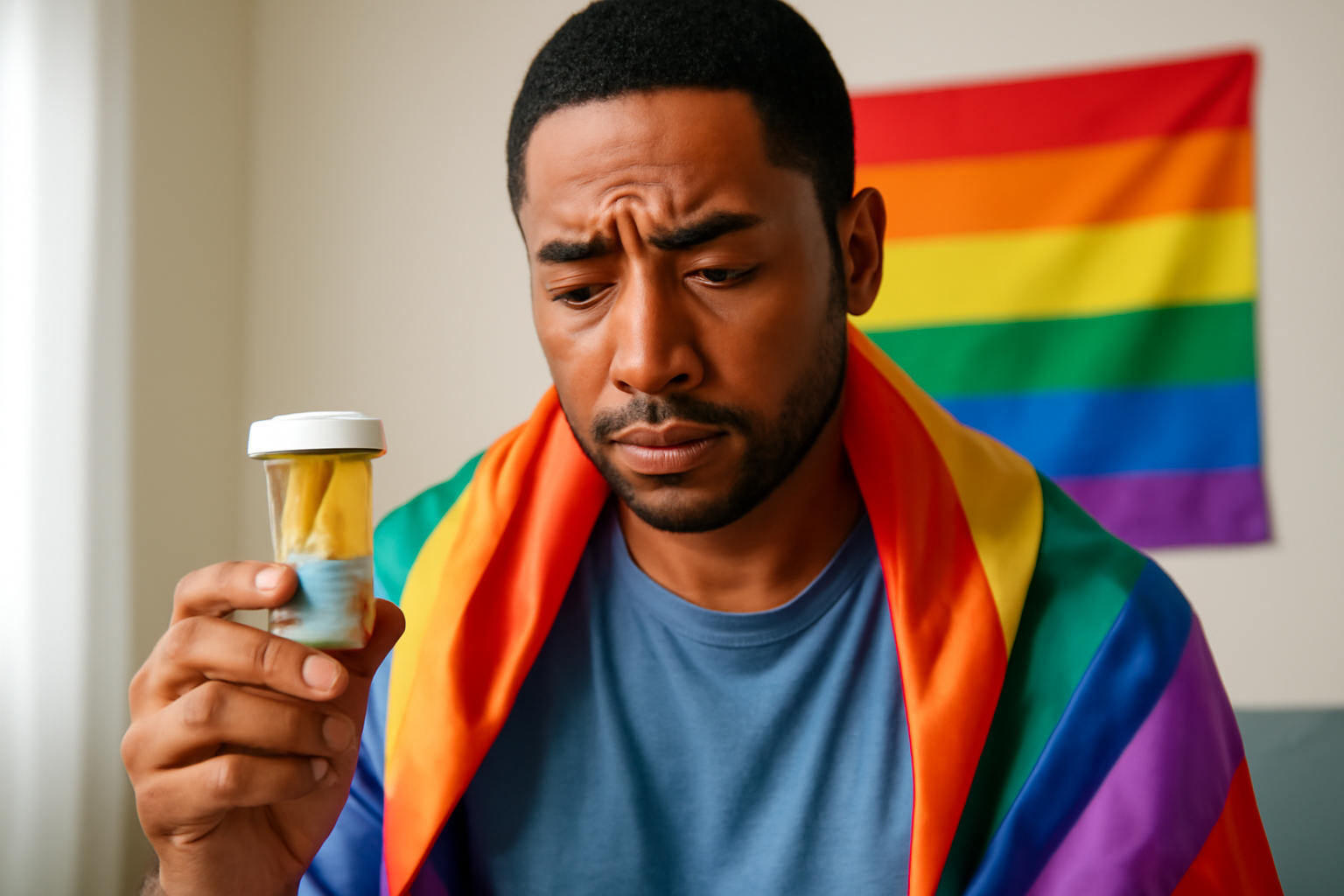
The global LGBTQ+ community has been dealt a significant blow as recent policy changes threaten access to essential HIV prevention medications. These medications, which have been crucial in the fight against HIV/AIDS, are now at risk due to new funding restrictions. This development has sparked concern among health advocates and LGBTQ+ rights groups worldwide.
The Importance of HIV Prevention Medications
HIV prevention medications, commonly known as pre-exposure prophylaxis (PrEP), have been hailed as a game-changer in the fight against HIV/AIDS. These drugs significantly reduce the risk of HIV transmission, especially among vulnerable groups such as LGBTQ+ individuals. Access to PrEP has been a critical component in reducing the incidence of new HIV infections globally.
However, the recent policy shifts have raised alarms. Organizations that rely on international funding to provide these life-saving medications may find themselves unable to continue their work. This could lead to increased HIV transmission rates, particularly in areas where the LGBTQ+ community already faces significant health disparities.
Impact on Vulnerable Communities
The LGBTQ+ community, especially in low- and middle-income countries, is disproportionately affected by HIV/AIDS. Funding cuts to HIV prevention programs can have devastating effects, reversing years of progress made in reducing new infections. For many, these programs offer the only viable means of accessing PrEP and other essential healthcare services.
Health organizations have expressed concern that such policy changes could result in a public health crisis. The potential increase in HIV cases poses not only a health risk but also a significant economic burden on healthcare systems ill-equipped to handle a surge in infections.
Response from Health Advocates
In response to these changes, health advocates are calling for immediate action to restore funding and support for HIV prevention programs. Many argue that the decision to cut funding is short-sighted and fails to consider the long-term benefits of continued investment in HIV prevention.
Advocacy groups are mobilizing at both local and international levels to raise awareness and press for policy reversals. They emphasize that access to PrEP is a human rights issue, and restricting it undermines the progress made in global health initiatives.
The Path Forward
Despite the challenges, there is hope. Numerous organizations are exploring alternative funding mechanisms to ensure that vulnerable communities do not lose access to HIV prevention medications. Partnership with private donors, philanthropic organizations, and local governments could provide a lifeline for these essential programs.
Moreover, community-driven initiatives are gaining traction. Local advocates are stepping up to create awareness, offer support, and push for legislative changes that prioritize the health and well-being of the LGBTQ+ community. These grassroots efforts highlight the resilience and resourcefulness of those affected by these policy changes.
In conclusion, while the recent policy shifts pose significant challenges, the global community's response demonstrates a commitment to continue the fight against HIV/AIDS. By working together, advocates and organizations can overcome these obstacles and ensure that all individuals have access to the healthcare they need and deserve.
Related Posts
Triumphant Trans Woman Wins Legal Battle and Inspires Others to Stand Up for Their Rights
Breaking new ground: a landmark victory in transgender rights After battling in courtrooms and enduring endless challenges, Diana Portillo, a transgender woman, has secured a monumental victory in her decade-long fight against workplace discrimination. The result? Nearly $1 million awarded in a historic settlement. But this isn't just a win on paper—it represents a powerful precedent in combati [...]
Pride Month in Latin America: Protests and Demands for Equality
**Celebrating Pride and advocating LGBTQ+ rights in Latin America** Pride Month in Latin America was a lively mix where celebration met activism. Communities united, not just throwing a party but making a stand—demanding equality and pushing governments toward better protection and rights recognition. Throughout Latin America, pride events erupted in marches and cultural displays, each with a c [...]
Transgender Erasure Actions Implemented by National Park Service
```html Trump administration's impact on national park service and transgender recognition The Trump administration made notable moves in undermining transgender representation, which included directing agencies like National Park Service not include "T" and "Q" when they refered “LGBTQ” in any official communication. This move seems part a broader plan by this administration aimed at reducin [...]